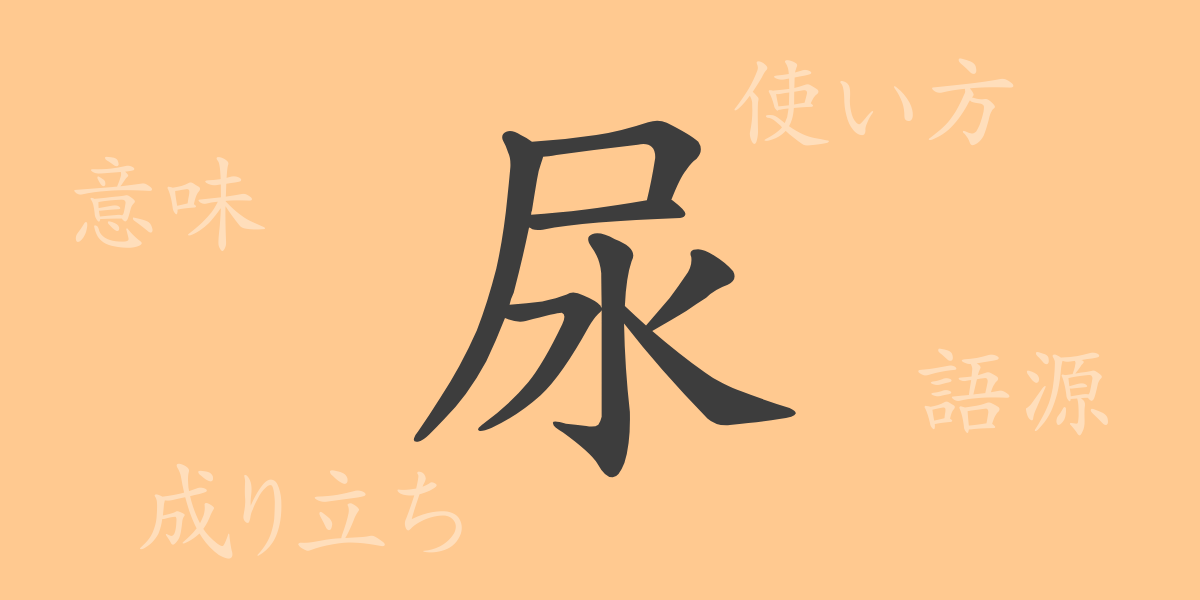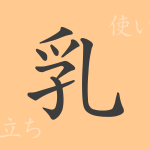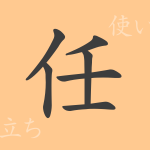Urine is intimately connected to our daily lives. This seemingly simple Kanji character, ‘尿 (にょう)’, is imbued with deep history and meaning. In this article, we will delve into the etymology of the Kanji ‘尿’, its usage, and its appearances in idioms and proverbs, enhancing our understanding of urine, a crucial indicator of health.
Origins of ‘尿 (にょう)’
The Kanji ‘尿’ originated in ancient China. Its etymology combines ‘氵 (さんずい)’, meaning water, and ‘尸 (しかばね)’, representing the body, depicting water expelled from the body, namely urine. This character was introduced to Japan through Buddhist scriptures, and its form and meaning have been preserved from ancient times to the present.
Meaning and Usage of ‘尿 (にょう)’
Urine refers to the liquid excreted by mammals as a product of metabolic activities. In medical contexts, this fluid, containing metabolic waste, is filtered by the kidneys and excreted as urine. In everyday conversations, it serves as a health indicator; changes in urine’s color or smell can signify alterations in health conditions.
Readings, Stroke Count, and Radical of ‘尿 (にょう)’
The Kanji ‘尿’ does not have specific on’yomi or kun’yomi readings. It is commonly read as ‘にょう’, though ‘しょう’ is also used in specialized terms.
- Readings: にょう, しょう
- Stroke Count: 7 strokes
- Radical: 尸 (しかばね)
Phrases, Idioms, and Proverbs Involving ‘尿 (にょう)’
While there are not many idioms or proverbs that include ‘尿’, ‘尿意’ is a commonly used term. ‘尿意’ refers to the sensation or urge to urinate, frequently mentioned in daily life. ‘尿検査’ (urinalysis) is another term often used in medical contexts, essential for health screenings and disease diagnostics.
Conclusion on ‘尿 (にょう)’
Urine acts as a mirror reflecting our health status. This bodily fluid, continually expelled, plays a vital role in indicating our life processes. The Kanji ‘尿’ has a rich history, carrying its form and significance from antiquity, essential in both medical knowledge and everyday language. Through this article, gaining a deeper understanding of urine can aid in better health management.

























